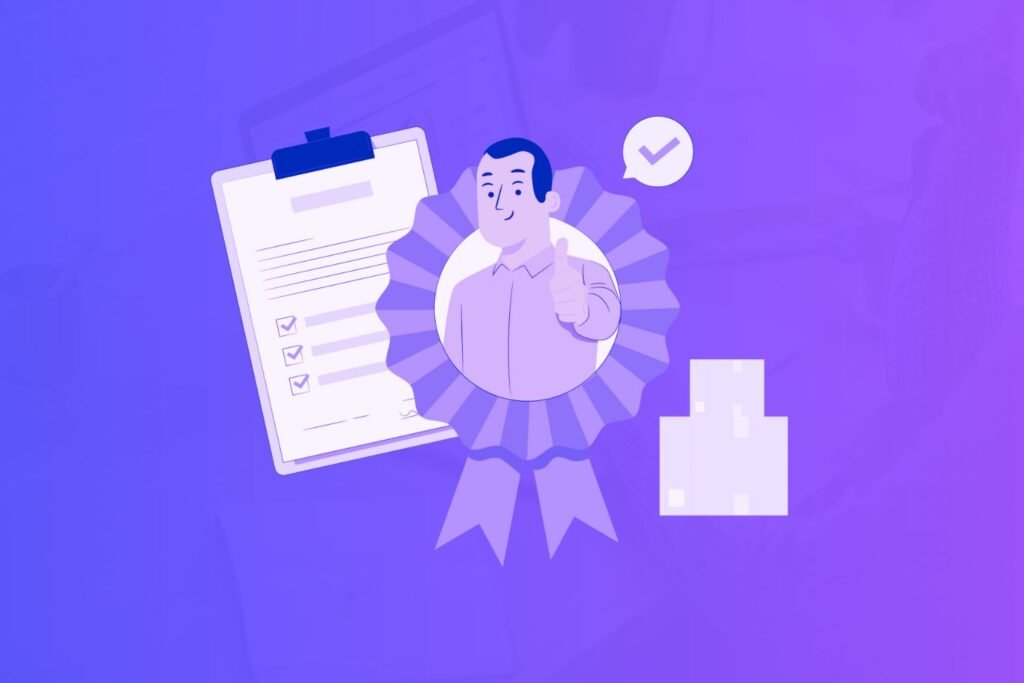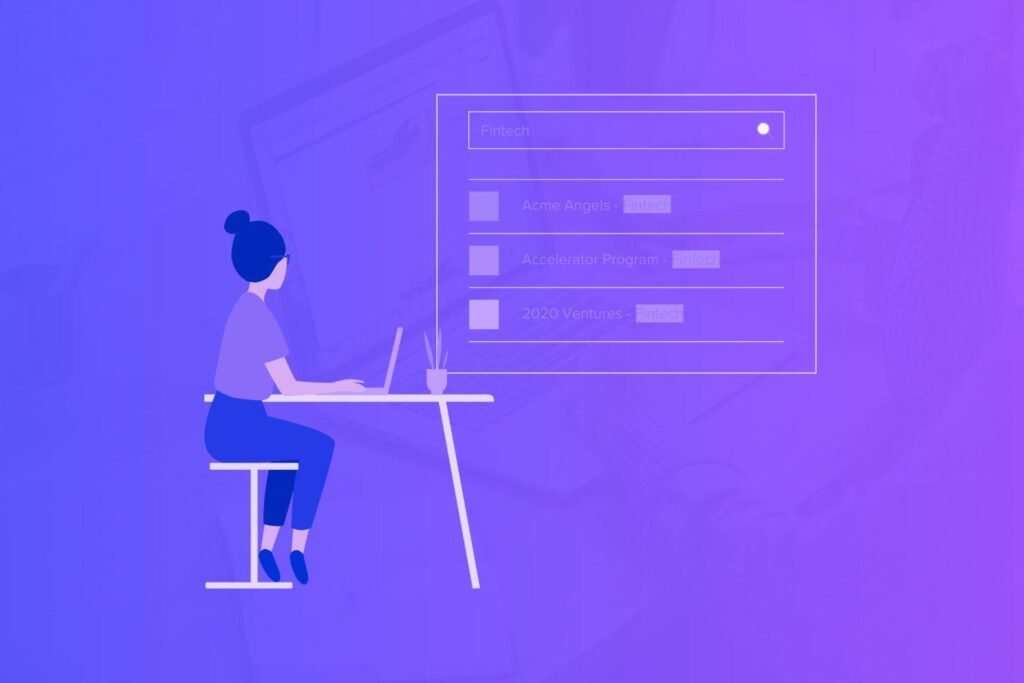Looking to become your own boss without starting from scratch? Buying an online business could be your path to entrepreneurship.
While launching a new venture takes years of testing and building, acquiring an existing business lets you skip the risky startup phase and jump straight into running a proven operation.
From e-commerce stores and content websites to SaaS platforms and digital services, the online business marketplace offers diverse opportunities across different industries and price points. Let’s see what these are.
Types of online businesses
Let’s break down the main types . . .
Uh-oh!
Sorry, the bad news is that this resource is for members only. And you've crossed your limit of 5 pageviews per day for members-only content.
But the good news is that membership is free.
- New to HypeGig? Sign up here.
- Already a member? Log in here.
- Wondering why to join? Learn more here.





